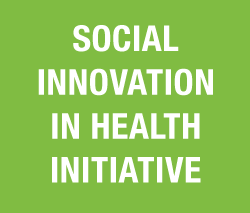Safe Water and AIDS Project(SWAP)
CONTINENT
Africa

COUNTRY
Kenya
Location
Africa
Country
Kenya
Website
www.swapkenya.org
Founding year
2005
Organizational structure
Nongovernmental organization
Health Focus
Primary health care, HIV
Areas of Interests
Community health workers, Community mobilization
Health System Focus
Health workforce
CHALLENGE
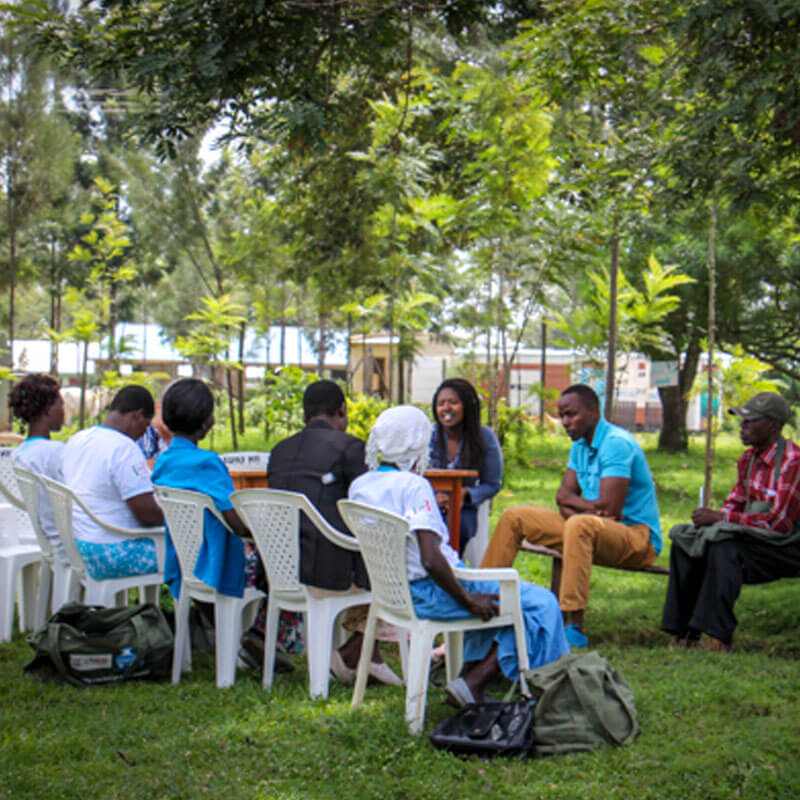
“I think what makes our work innovative is the combination of health and economic improvement, which really complement each other. It makes an income for the women who are vulnerable: women living with HIV, widows… They become self-reliant while they also adopt healthy practices themselves. It has reduced stigma and discrimination for people living with HIV, who have become useful members of society.”
– Alie Eleveld, Founder, SWAP
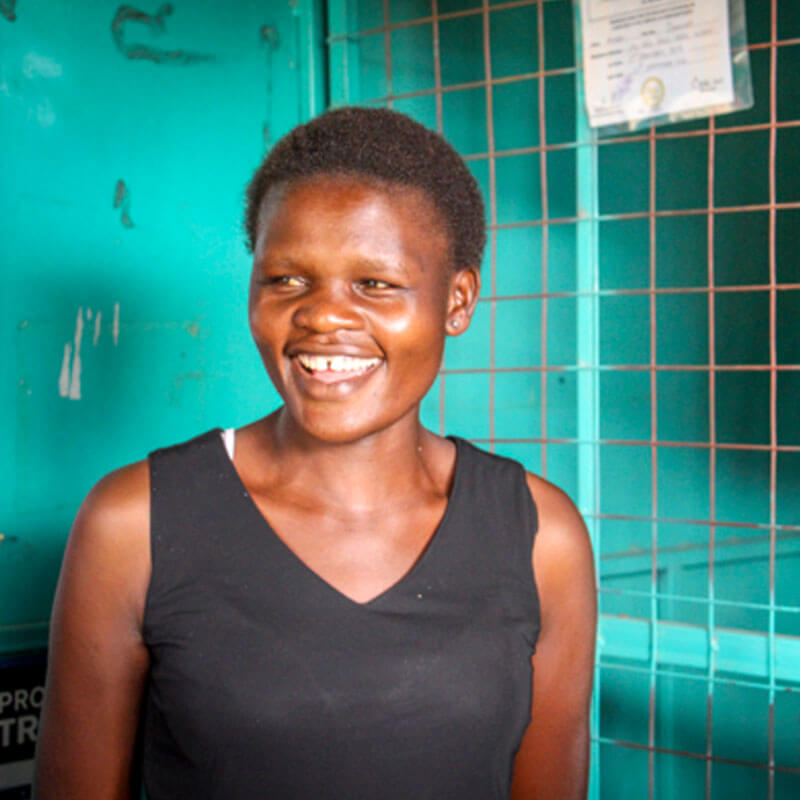
INTERVENTION
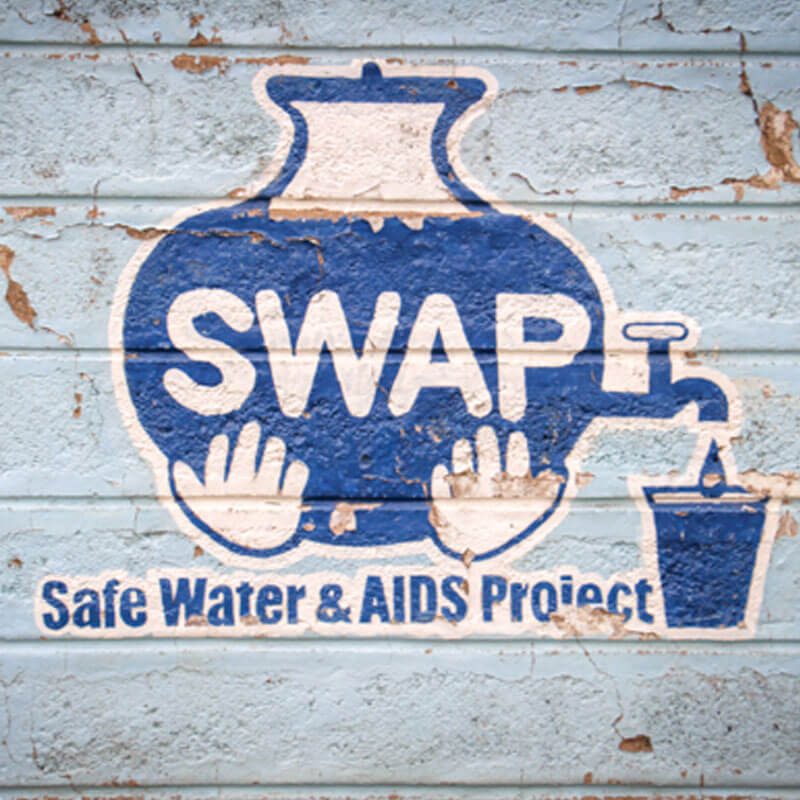
“For me, [SWAP] is a body that changes lives. In areas where we have worked, people have given testimonies that, ‘before I was not treating water, I had these diarrhoeal cases here and there. But since I started working with SWAP, it’s changed my behaviour from not having safe water to now consuming water which is safe.’ And for CHPs, their living standards have also changed.”
– SWAP Jamii Centre Project Officer)
In 2014, 45 different health products were distributed by the trained community health promoters, including 25 411 bottles of Waterguard (chlorine solution), 73 630 mosquito nets, 111 083 sanitary pads and 236 516 bottles of detergent. In addition to the income-generating benefits of the model, the impact of improved access to health-related products and education on the local communities is identified in a number of multi-year studies. A survey done in 2014 in SWAP’s intervention area showed mosquito net use up to 93%, hand washing up to 59%, with soap and clean drinking water treatment up to 54% in the targeted households around the Jamii Centres.
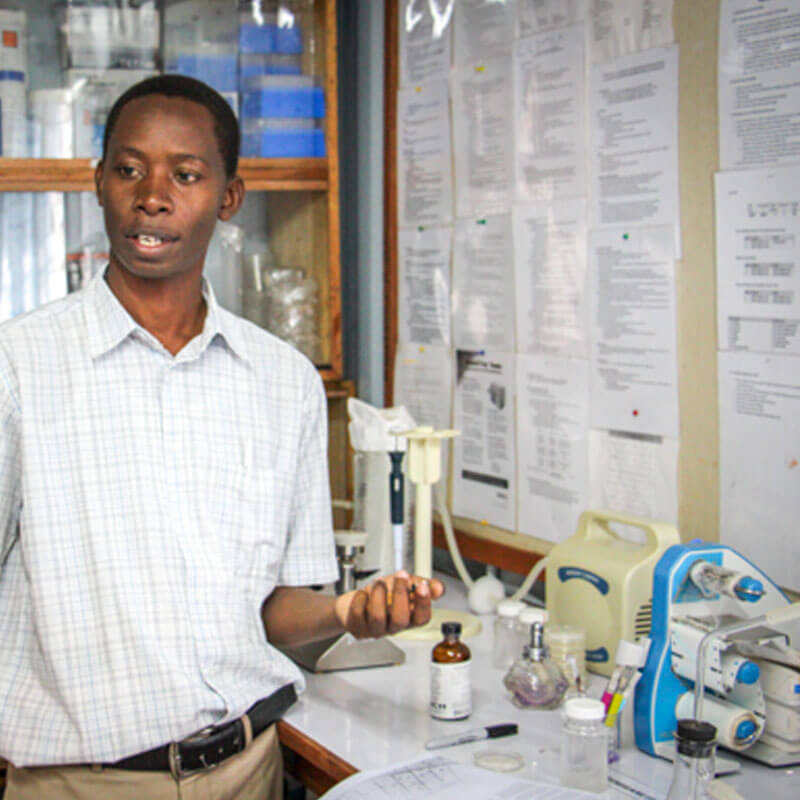
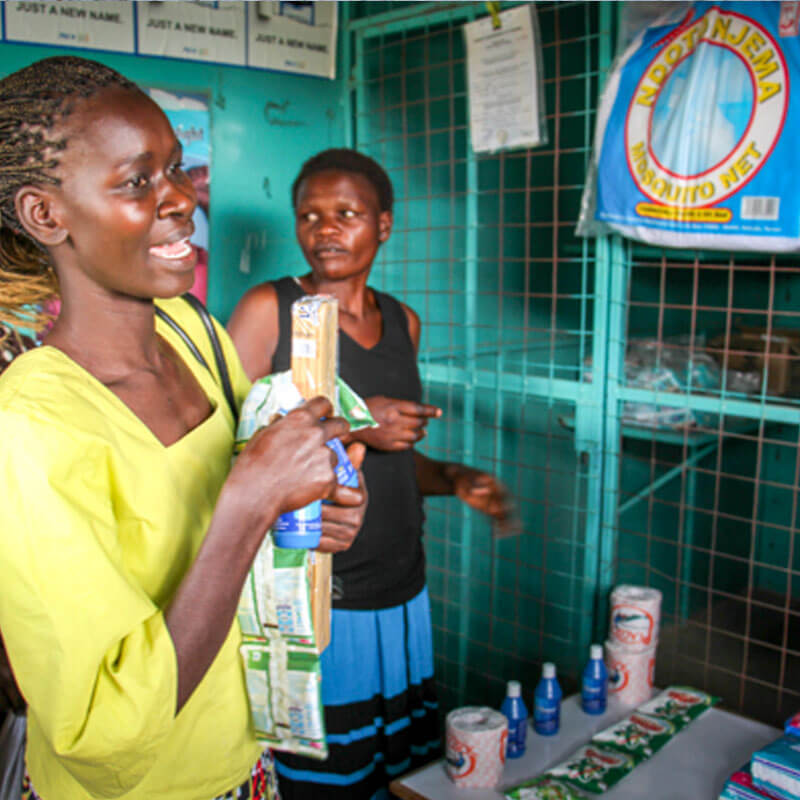
CASE INSIGHTS
“They do door-to-door sales and health promotion. So they will check in the home: Is the pregnant mother going to the clinic? Are the children immunized? Is there safe water in the home? Do they practise hand-washing? Do they sleep under a mosquito net? And all these other primary health issues. A lot of them are really vulnerable women – that is widows, people living with HIV from very poor backgrounds – who are now economically empowered. So they make an income while they improve health.”
– Alie Eleveld, Founder, SWAP
